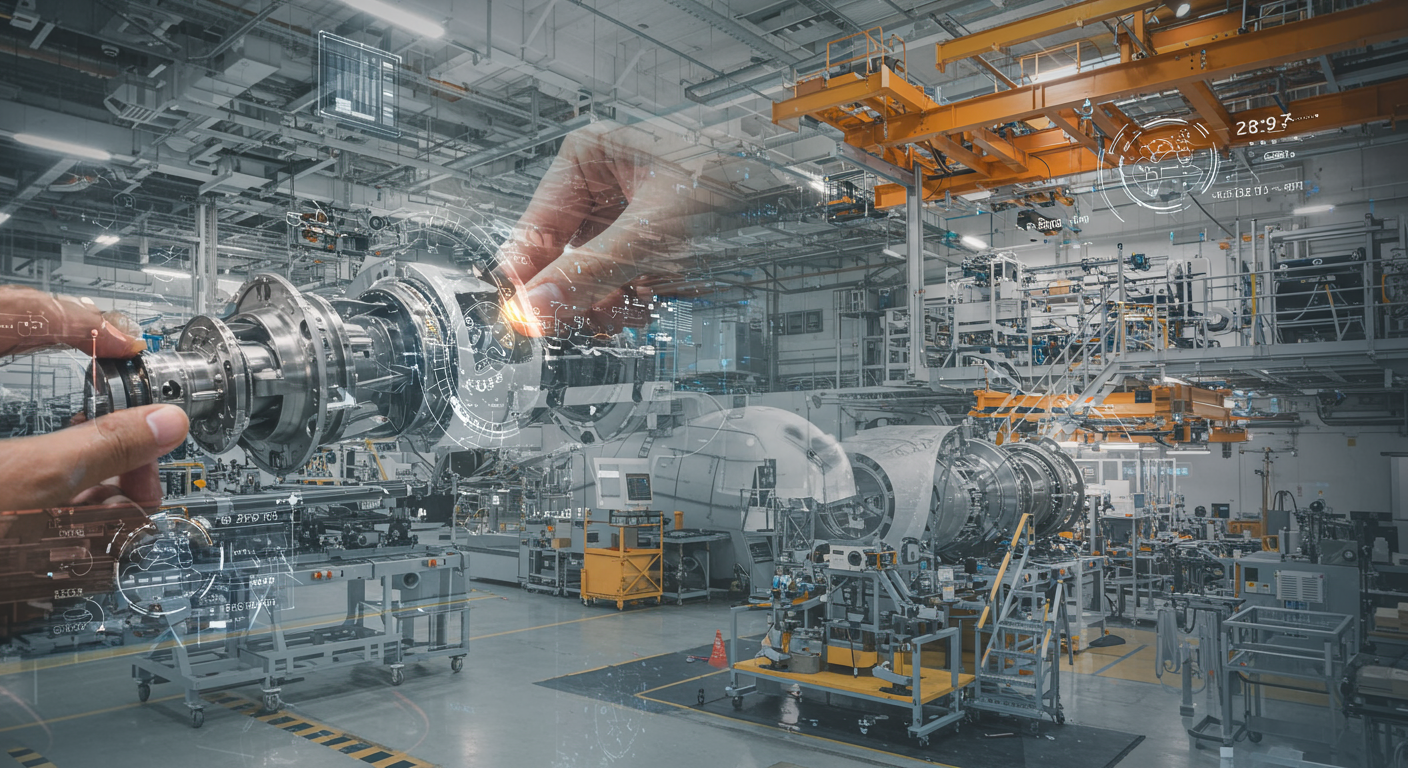
The news of aerospace firm TASE completing its acquisition of Joined Alloys, USA, and embarking on a significant Rs 150 crore capital expenditure in its Chennai plant, truly resonates with me. It’s a powerful illustration of strategic growth, long-term vision, and the commitment to building robust, foundational capabilities in critical sectors like aerospace Aerospace TN TASE Acquisition.
This kind of investment isn't merely about immediate returns; it's about laying down a groundwork that will support future innovations and expand market presence. It reminds me of the importance I’ve always placed on robust foundations, whether in industrial endeavors or technological ones.
Foundations for the Future
I often reflect on how the principles of strategic groundwork apply universally. Take, for instance, my early thoughts on Natural Language Processing. Years ago, I detailed a logic for deciphering key data from unstructured text resumes. My approach, which Bard and ChatGPT both acknowledged as a foundational, albeit crude, step in NLP, highlighted the critical role of pattern recognition and rule-based processing 27 Years Ago: Foundation of NLP. It’s about understanding the core structure to build something meaningful and functional for the future. TASE's investment in a physical plant in Chennai feels much the same – a tangible commitment to foundational infrastructure.
Optimizing for Efficiency and Longevity
Similarly, in the realm of digital systems, I've always advocated for optimizing performance for the long haul. My colleague, Kishan, recently shared his observations on our topic search algorithm, noting a significant difference in response times between initial and subsequent searches Investigating Performance Discrepancies. His diligent work to understand the root cause of these variations — be it caching, operating system, or other factors — mirrors the meticulous planning required in large-scale industrial projects. It’s about ensuring that the systems we build, whether digital or physical, are not just functional but also efficient and reliable over time.
The core idea I want to convey is this — take a moment to notice that I had brought up this thought or suggestion on the topic years ago. I had already predicted this outcome or challenge, and I had even proposed a solution at the time. Now, seeing how things have unfolded with TASE's strategic move, it's striking how relevant that earlier insight still is. Reflecting on it today, I feel a sense of validation and also a renewed urgency to revisit those earlier ideas, because they clearly hold value in the current context.
This move by TASE isn't just a business transaction; it's a statement about the confidence in India's manufacturing capabilities and a testament to the foresight needed to thrive in a globalized, technologically advanced world.
Regards, Hemen Parekh
Of course, if you wish, you can debate this topic with my Virtual Avatar at : hemenparekh.ai






No comments:
Post a Comment